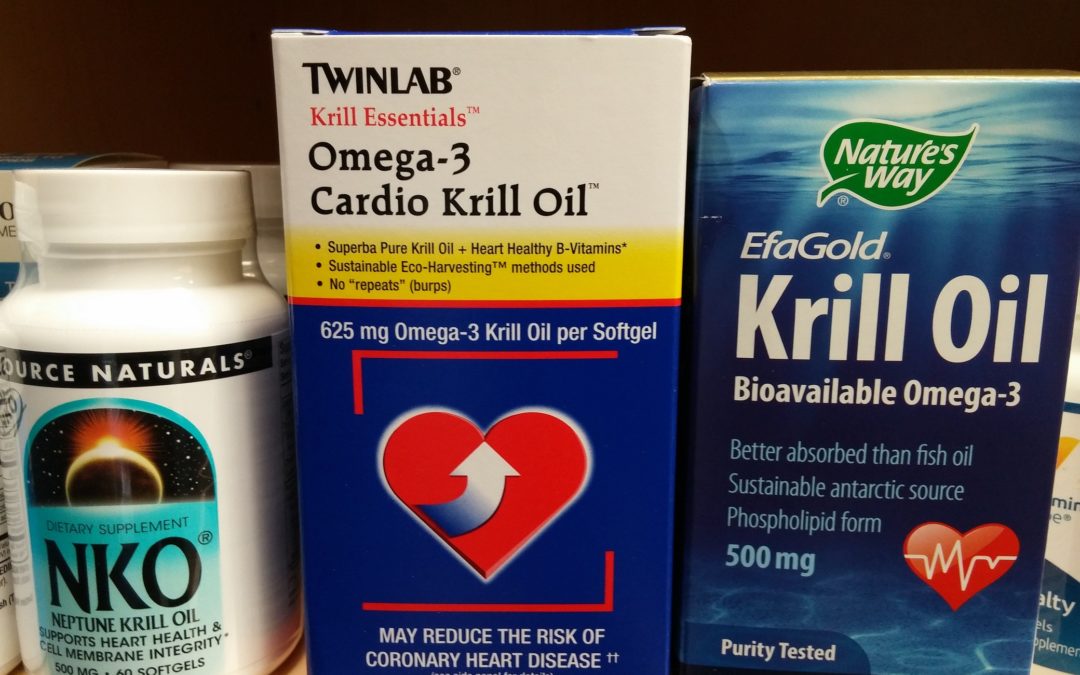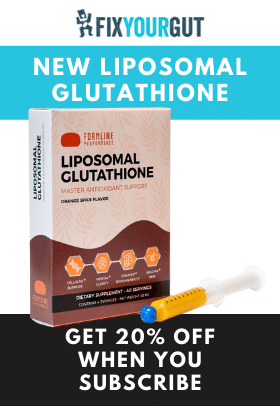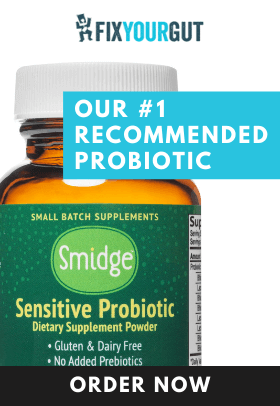This guest blog post comes from ThatStevenBaker from the Bulletproof Executive Forums. He is an excellent poster on the forum and is world renowned for his quick Aussie wit. That being said this Steven Baker, not to be confused with that other Steven Baker, you know that one that sadly punched all those kittens, is a real stand up guy, and helps everyone on the forums he can! Hell, he is probably on the Bulletproof forums right now answering questions as I write this.
Why You Should Be Taking Krill Oil
By: Steven Baker
I always used to think that taking supplements was a form of cheating and that you should be able to get all the nutrients you need simply from the food you eat. But then I learned that while that sounds great and is technically true, there are a few flaws I’ve seen with that thinking:
- With the prevalence of fast-food and all those other baddies, people don’t eat the right foods anyway.
- Food quality is nowhere near as good as it used to be due to poor treatment of land, use of chemicals and even genetic modification.
- Even if you did eat your perfect diet, you still cheat with your desk sitting, artificial lighting and other things you were never meant to do (evolutionarily speaking at least).
- You might have some catching up to do in some of your nutrients if you haven’t always eaten well.
- Eating the right foods might give you enough to get by, but what if you want to be optimum?
This thinking wiped away the belief that regular supplements were not a great idea. I’d always had vitamin C or something else to take every now and then, but being on my body redesign quest and with the new information I have been vacuuming into my brain, it’s time to step things up.
In creating a permanent supplement regime I didn’t know where to start! So much information and as a software tester I didn’t want to just dive in with a whole load of new stuff. I wanted to begin them one at a time so I could notice the differences in each one. Makes sense right?
I finally settled on Krill Oil. I’ll start on this one while I figure out the second one to take.
EPA
EPA’s positive benefits on the body are important ones such as reducing inflammation 1 and improving cognitive function. 2 Some studies have even shown that it can improve depression, chemotherapy response, hyperactivity and attention symptoms. 3 4 5 But for people like me who don’t have any severe symptoms like that, the improvement in brain performance and reduced inflammation (which could include brain inflammation) sound very good.
EPA is also the precursor to DHA which your body can metabolize itself. Your body can also make EPA out of Alpha-Linoleic Acid, but it’s a tough job (especially if you have diabetes) so you can give your body what it needs without having to work so hard. Making life easier on your body is one of the main reasons to take supplements!
DHA
DHA taken in by food also gives your body a break from creating it from EPA. DHA is richly supplied in breast milk and is a major additive to infant formula. It has shown positive effects on ADHD, Alzheimer’s and mental health (for example non-verbal reasoning, mental flexibility, working memory, and vocabulary) and cancer. 6 7 8 9 With all these positive effects on the brain it is even hypothesized that due to an abundance of fish in early human history, the DHA could have been responsible for the development of a larger brain. 10
DHA to me is more important than EPA since it is the most abundant omega-3 found in the brain and retina! The brain and nerves are very dependent on DHA. 11 In fact, DHA deficiency can result in degeneration of the central nervous system. 12 It can also help maintain normal triglyceride levels, heart rate, blood pressure, hypertension, arthritis, atherosclerosis, depression, adult-onset diabetes mellitus, myocardial infarction, thrombosis, and some cancers. 13 It is used a lot in the third trimester of pregnancy and is required to make healthy sperm. 14
That’s a long way of saying this stuff is good for you! You need 350mg combined (EPA+DHA) per day for optimal brain function.
Omega-3 to Omega-6 Ratio
Rebalancing the omega-3 to omega-6 ratio within the body is another one of the important reasons to take krill oil. The typical Western diets can lead to omega-3:omega-6 ratios from 1:10 up to 1:30 or even 1:40. That means there is 40 times more omega-6 in the body than omega-3. 15 Ideal healthy ratios are between 1:1 up to 1:5. 16 Taking krill oil provides more omega-3 which helps to rebalance this ratio.
How Much Krill Oil Should You Take?
Dave Asprey’s recommendation is for 1,000mg per day of Krill Oil. His recommended brand, Jarrow Formulas, has 180mg of EPA+DHA to the 1,000mg daily dose and it’s the amount I’ve started with.
In theory, you could probably get away with taking double that amount if you’re not getting any in your food, as 2,000mg has 360mg of EPA+DHA, which is just slightly over the daily recommended amount for optimal brain function.
Krill Oil vs Fish Oil
There are a couple of reasons why krill oil is better than fish oil:
- Krill oil is phosphorylated, fish oil is not. 17 This means your brain can use it more easily. Phospholipids are more easily absorbed into cell membranes.
- Krill oil contains astaxanthin. 18 Some oils can be at risk of oxidizing, which is not as good for you as it could be, like flaxseed oil. Krill oil is less likely to oxidize due to astaxanthin protection.
- Astaxanthin is a potent anti-oxidant that comes naturally with the krill oil. The Jarrow Formulas brand contains 50mcg of astaxanthin.
- Krill are less likely to be polluted by ocean pollutants like mercury and PCBs etc. than fish. 19
- One study showed krill oil having a better effect on hyperlipidemia than fish oil. 20
- The krill harvest industry is closely managed to ensure it is sustainable. 21
As you can see, there are plenty of reasons why popping a couple of krill oil capsules every day can bring you closer to optimal health. I’ll be taking these for a good while and hopefully I’ll be able to see evidence of its effect in my next blood tests.
- http://www.ncbi.nlm.nih.gov/pubmed/22556214 ↩
- http://www.ncbi.nlm.nih.gov/pubmed/22791395 ↩
- http://www.ncbi.nlm.nih.gov/pubmed/15450784 ↩
- http://www.ncbi.nlm.nih.gov/pubmed/15570049 ↩
- Journal of American Academy of Child and Adolescent Psychiatry 2011 Oct; 50:991 ↩
- http://www.ncbi.nlm.nih.gov/pubmed/17435458 ↩
- http://www.jneurosci.org/content/25/12/3032.full.pdf ↩
- http://www.ncbi.nlm.nih.gov/pmc/articles/PMC2838625/ ↩
- http://www.ncbi.nlm.nih.gov/pubmed/21824086 ↩
- http://www.ncbi.nlm.nih.gov/pubmed/10419087 ↩
- http://medind.nic.in/icb/t05/i3/icbt05i3p239.pdf ↩
- http://www.ncbi.nlm.nih.gov/pubmed/16151530 ↩
- http://en.wikipedia.org/wiki/Docosahexaenoic_acid ↩
- http://www.ncbi.nlm.nih.gov/pmc/articles/PMC2803238/ ↩
- http://www.ncbi.nlm.nih.gov/pubmed/16841858 ↩
- http://www.ncbi.nlm.nih.gov/pubmed/12442909 ↩
- http://www.ncbi.nlm.nih.gov/pubmed/19545117 ↩
- http://www.ncbi.nlm.nih.gov/pubmed/21769882 ↩
- http://www.ncbi.nlm.nih.gov/pubmed/12962716 ↩
- http://www.ncbi.nlm.nih.gov/pubmed/15656713 ↩
- http://www.ccamlr.org/en/conservation-and-management/conservation-measures ↩







You need to be a part of a contest for one of the most useful blogs on the web.
I’m going to recommend this blog! maglie calcio